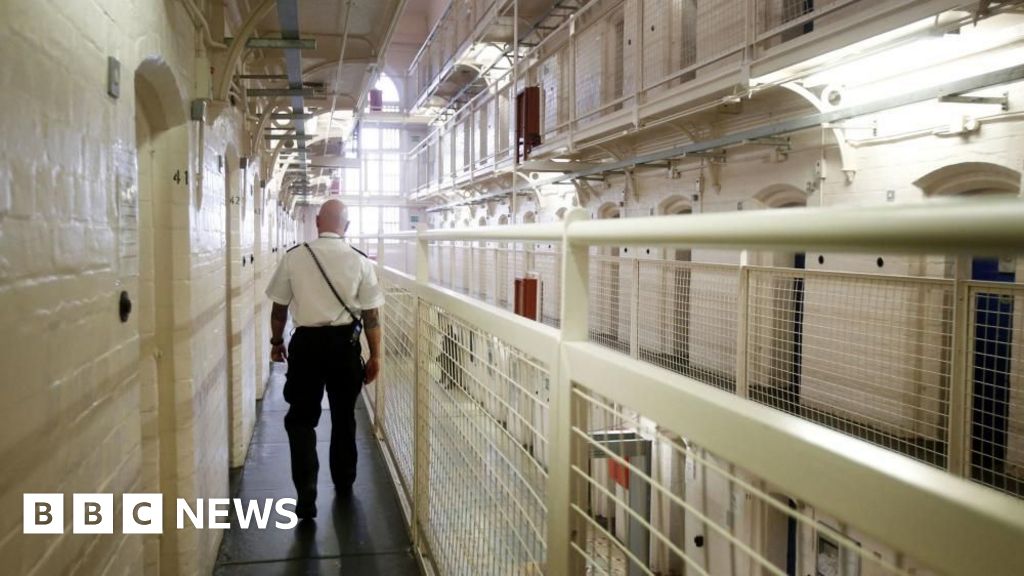Controversy at Englishtown Town Hall Meeting as Former Mobster Joins Council

ENGISHTOWN, N.J. At a recent town hall meeting in the quaint borough of Englishtown, New Jersey, a scene unfolded that many might not expect from a community known for its small-town charm and a population of approximately 2,300 residents.
Just two hours into the meeting, an atmosphere of tension filled the room when a man stood up, visibly agitated and recording on his phone. Are you aware that hes committed welfare fraud? he directed his inquiry towards Englishtown Mayor Daniel Francisco, alluding to the borough's newly appointed councilman, John Alite. Alite's notorious past as a former mobster has been a focal point of concern and intrigue in this otherwise tranquil town.
The crowd reacted swiftly, demonstrating strong support for Alite. Hes started a new life! shouted one resident, while another chimed in, We dont want to hear any of this! A chorus of Go! Go! Go! erupted from other community members, underscoring a palpable sense of solidarity behind Alite.
The man who had raised the accusation against Alite, who later revealed that he had previously worked for John Gotti Jr., a notorious figure in organized crime, abruptly left the meeting. As he exited, he left behind a packet of materials that he had prepared. A local resident quickly seized the documents and passed them to Alite, ensuring that the information did not go unnoticed.
Such confrontations are unusual for town hall meetings in Englishtown, which typically foster discussions about local governance in a calm and orderly fashion. Alite's history makes his presence on the council a complex issue that is drawing both support and scrutiny.
Alite, by his own admission, is a former member of the Gambino crime family, one of the most powerful organized crime syndicates in New York City. His criminal record includes a guilty plea to racketeering, which involved serious charges such as two murders, multiple murder conspiracies, and numerous shootings and attempted shootings. In addition to these violent acts, Alite has confessed to taking part in armed home invasions and robberies across several states, including New York, New Jersey, Pennsylvania, and Florida, primarily targeting drug dealers.
The legal framework in New Jersey allows for public officials to remain in office unless their crimes specifically relate to their public duties. Alites criminal activities, while severe, do not disqualify him from serving on the council, which raises questions about the implications of his past on local governance.
In his book, John Alite Mafia International, co-written with Lou Romano, Alite discusses his notorious reputation for violence. His connections to John Gotti Jr., son of the infamous head of the Gambino family, contributed to his rise within organized crime. A notable incident reported by the New York Times in 1989 highlighted a brawl involving Alite and Gotti Jr. at a restaurant in Long Island, emphasizing their mutual involvement in the criminal underworld.
After relocating to New Jersey and later Florida, where he continued illegal activities, Alite fled to Brazil in early 2004 as law enforcement closed in on him. His operation was extensive, reportedly including illegal gambling, extortion, and drug trafficking. The FBI finally apprehended him at an internet caf in Brazil after a lengthy manhunt. Following his extradition to the United States in late 2006, Alite pleaded guilty to serious charges, including those related to organized crime. He eventually cooperated with prosecutors against Gotti Jr., although the case against Gotti ended in a mistrial.
Alite served a ten-year sentence, though he received credit for time spent in custody, and was released in 2012. Since then, he has publicly portrayed himself as a reformed individual, engaging in discussions with media outlets and hosting podcasts centered around his experiences and lessons learned.
In a poignant turn of events, Alite moved to Englishtown following the tragic death of his daughter, Chelsea, from a fentanyl overdose in 2022. He had family ties to the borough, having owned a property that had previously been rented out. After his loss, he felt compelled to settle in the quiet town to establish a new beginning.
In March, Alite was appointed to the town council to fill a vacancy, receiving backing from Mayor Francisco and other key figures in the community. Francisco has expressed a long-standing rapport with Alite, emphasizing their shared commitment to addressing local challenges, particularly around community development.
While Alite acknowledges his past, he has positioned himself as an advocate against drug addiction, shaped by personal tragedy. He has stated, I have a big interest in drug issues, whether its this town or around the country. Through his talks, he aims to educate others about the perils of drug use while also recounting his own life story.
As Alite embarks on this new chapter, he will not face re-election until 2027. This intriguing narrative of redemption and community acceptance is likely to evolve as he remains under the watchful eye of both supporters and skeptics.



























